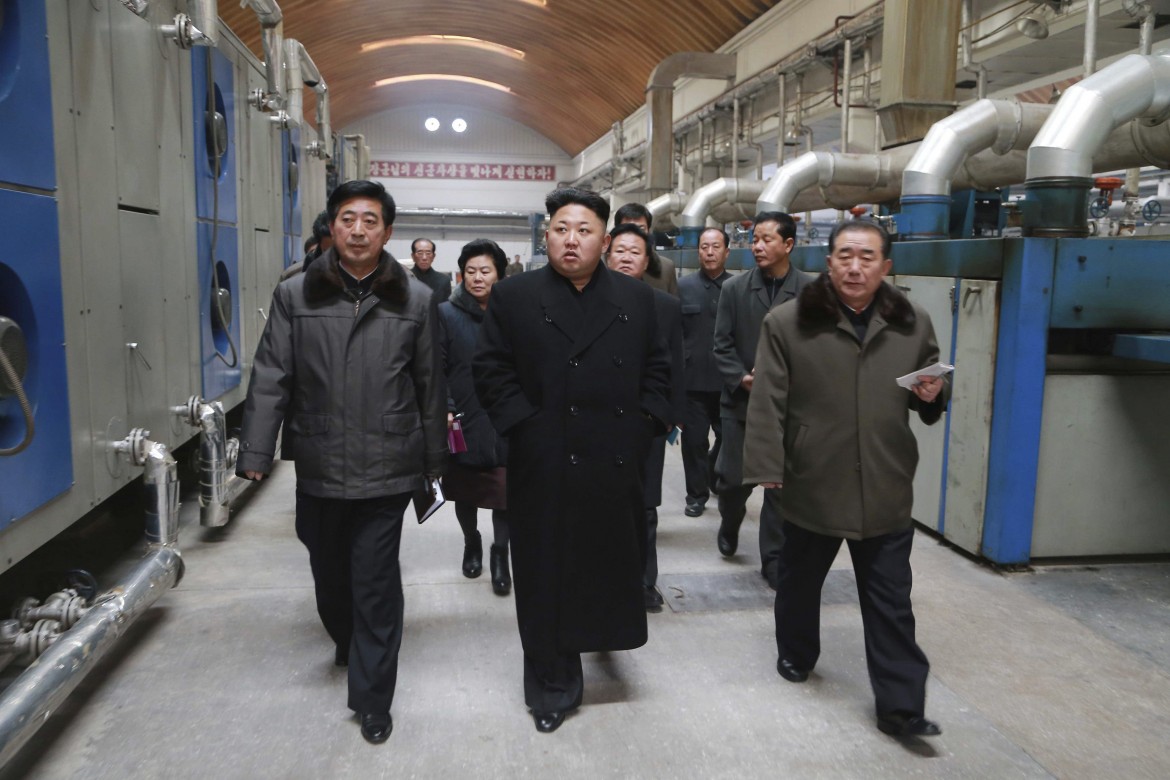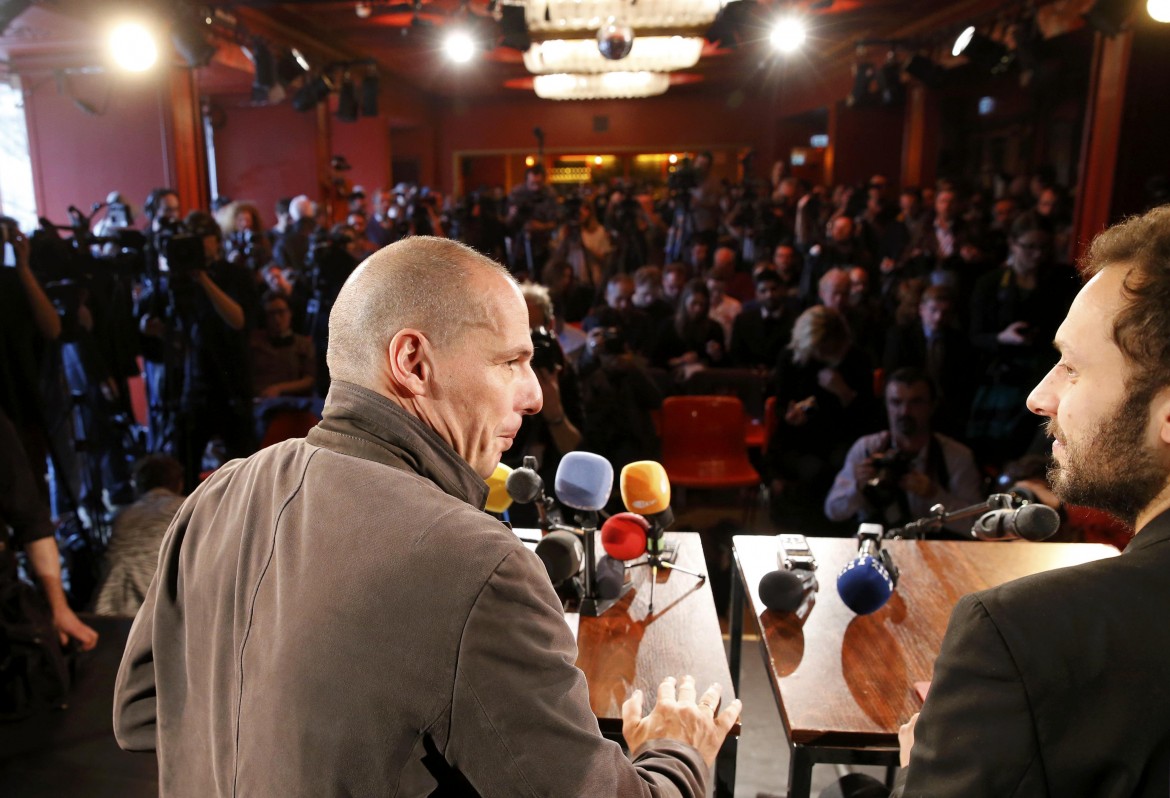There are two possible explanations for the umpteenth provocation by the young North Korean leader Kim Jong-un. The first concerns internal politics and the usual power clashes within the Korean Workers’ Party. The second has to do with international structures, particularly in Asia.
On the first aspect: Kim came to power young, little known by his people (in Korea it is said that at the beginning of his “term” there were very few traditional portraits of him hanging in citizens’ homes) and in the throes of a dilemma that could be called ‘Confucian.’
In a country where traditionally moral and ethical authority results in a generational hierarchy favoring the elderly, Kim’s young age has not helped him to gain — and subsequently maintain — power. Because of this, it seems, he was obliged several times to rule by force.
This will be the year of the seventh party congress, beginning in May, a time for propagating new national policies. Kim, 33, knows he could face internal pressure and must demonstrate his infinite power to the military, to his poisonous relatives and to the “reformers” who favor a minimal opening of the country, along the lines of China.
Kim has been in power since the sudden death of his father in 2011. Nearly five years later he still faces an uphill struggle and risks faltering on diplomatic and economic progress.
The second explanation relates mainly to the relationship between Pyongyang and Beijing.
China does not like Kim, and Kim isn’t keen to submit to Chinese diktat. Since his rise, the “brilliant leader” has never traveled to Beijing, even on the occasion of the celebration of the end of World War II.
Meanwhile, Beijing is finding fewer valid reasons to support the Kim regime, especially in an evolving Asian political landscape. Kim’s move to drop a hydrogen bomb (there are doubts it was actually larger than a small atomic bomb) could therefore have been calculated to recapture China’s attention.
It indeed provoked China’s annoyance. “We strongly urge the DPRK to honor its commitment to denuclearization, and to cease any action that may deteriorate the situation,” a foreign ministry spokesman said.
The old generals who oppose a hypothetical reunification of Korea, which would bring the U.S. into China’s backyard, are becoming fewer. Xi Jinping, to counter the U.S.-Japan axis, has over time begun to tighten important trade agreements with South Korea — another step that would anger the child-leader of Pyongyang.
One wonders whether Kim knows what he’s doing, considering that without Chinese aid his government would crumble.
–> Originally published in Italian at il manifesto on Jan. 7, 2015






